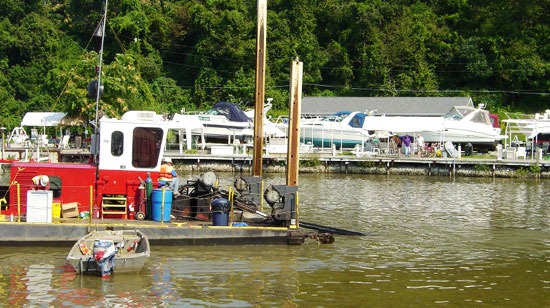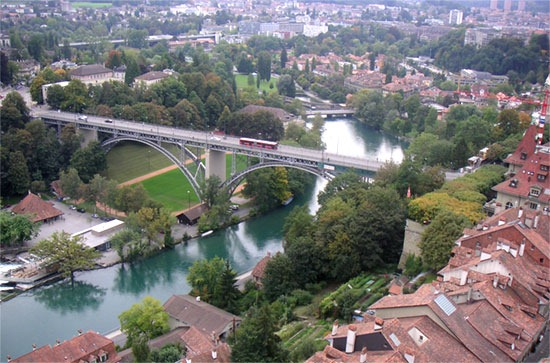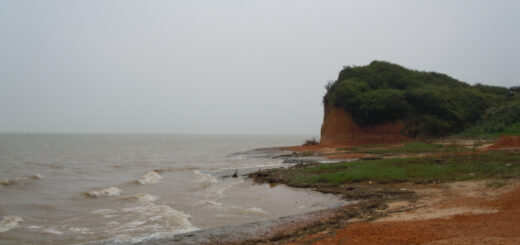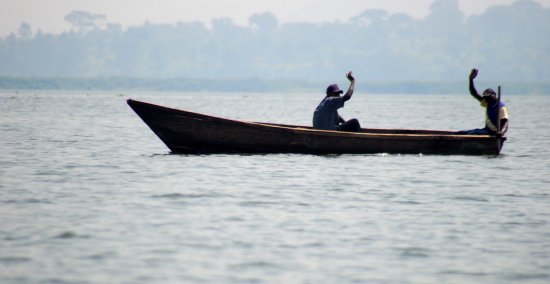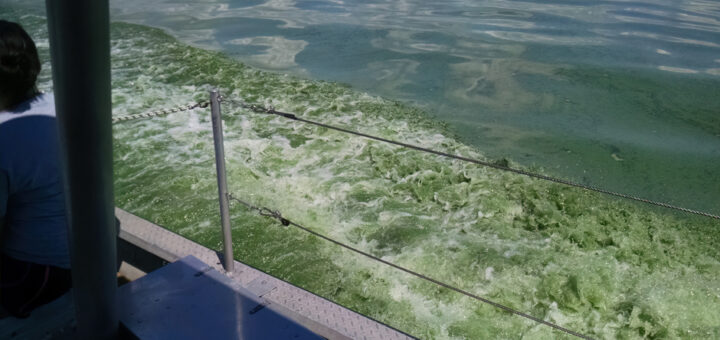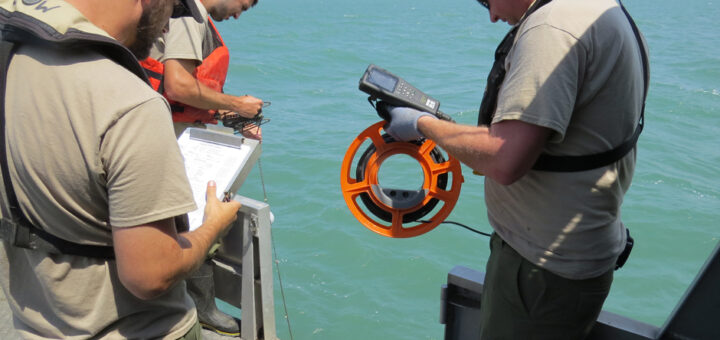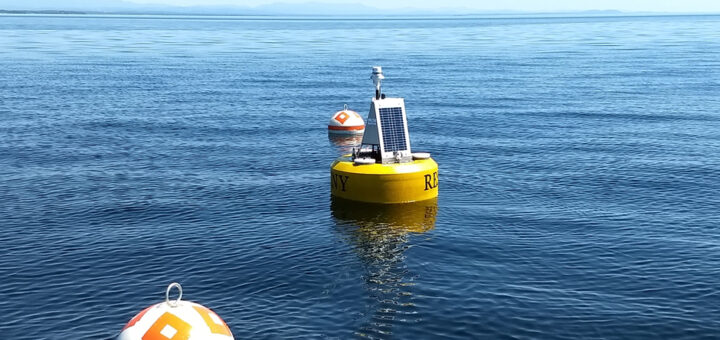Boreal Lakes Taking In More Carbon
0Boreal forests cover a large portion of the Earth’s surface and are important ecosystems for carbon cycling. Not surprisingly, the lakes that reside within them play roles in absorbing carbon from the atmosphere as well.
But what may come as a shock is how these lakes and other water bodies in northern forests around the globe are “acclimating” to large-scale changes in the world’s climate.
A group of researchers, co-led by scientists at England’s Loughborough University, have found that remote, boreal lakes have in many cases registered changes in their carbon burial rates. Within the last century, it appears that the rates have largely doubled across the board, scientists say.
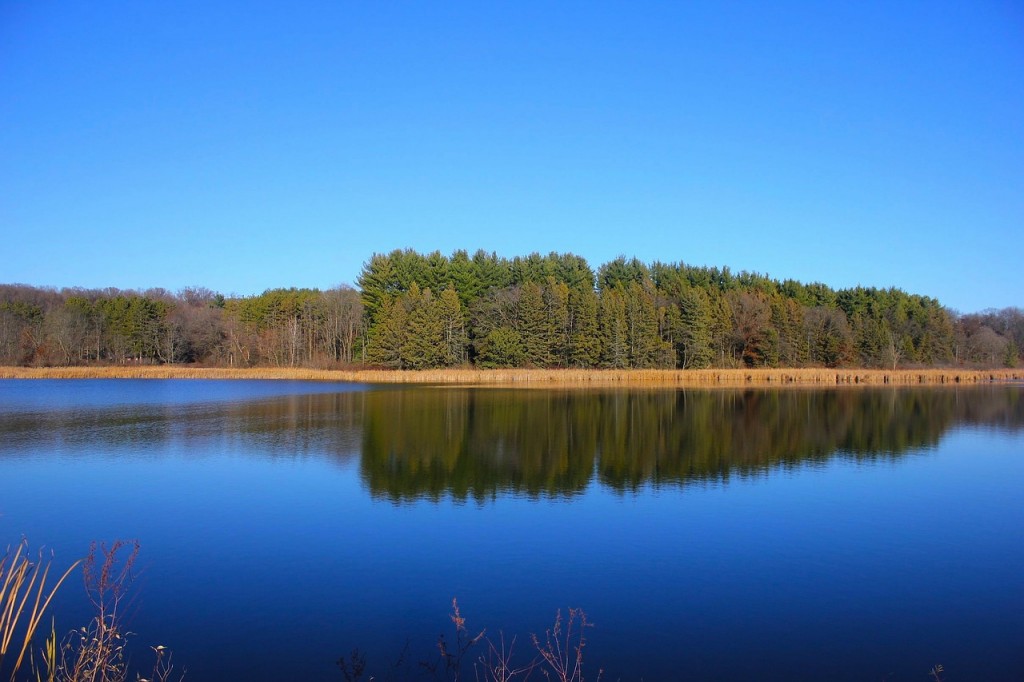
Lake in Wisconsin. (Credit: Public Domain via Pixabay)
The Loughborough researchers, joined by others from the Science Museum of Minnesota and University of Quebec at Montreal, made the find through a sweeping data analysis of carbon burial rates covering northern forested lakes. They also considered previous lake-sediment data they themselves collected, as well as climatic information using a database from the National Oceanic and Atmospheric Administration.
The findings are linked to the fertilization of boreal forests and lakes by atmospherically deposited nitrogen, researchers say. The nutrient is typically released via industrial pollution.
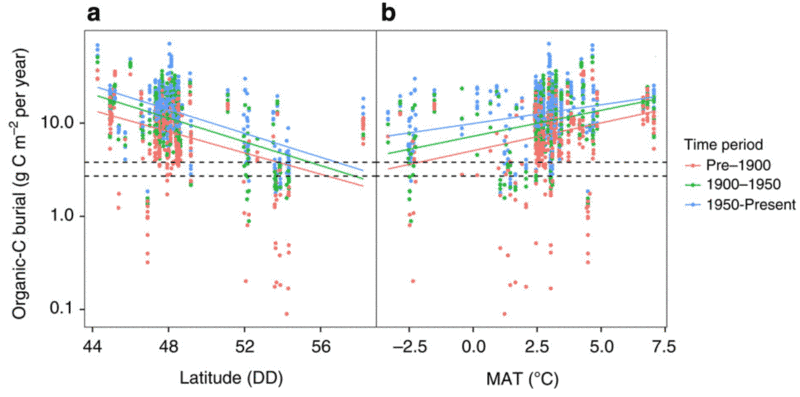
Organic-C (carbon) burial rates for 101 northern lakes over a latitudinal (a) and temperature (b) gradient. The color of the points represents three different time periods: before 1900 AD (orange), 1900–1950 AD (green) and 1950 to present day (blue). Solid lines represent least square regressions for each time period and dashed lines represent previously estimated Holocene burial rates for Finland2 (below; 2.7 g C per sq. m per year) and Québec13 (above; 3.8 g C per sq. m per year). (Credit: Nature Communications, study authors)
Scientists involved with the work were a little surprised at their findings, noting that most people expect boreal lakes to be pristine ecosystems protected from human impacts. And they also say the results could be construed as positive news, simply because burying carbon dioxide is needed.
But the full effects of the increased carbon burial rates aren’t yet known and researchers are still at work dissecting the implications. Some key questions that they’re looking to answer include: Where is the extra carbon coming from?; What roles do watershed runoff play in making the lakes browner?; And are nuisance algal blooms becoming more frequent with more nitrogen deposition?
Is increased carbon uptake a good thing for boreal lakes? What do you think the implications are more broadly? Please leave a comment and share your thoughts.




